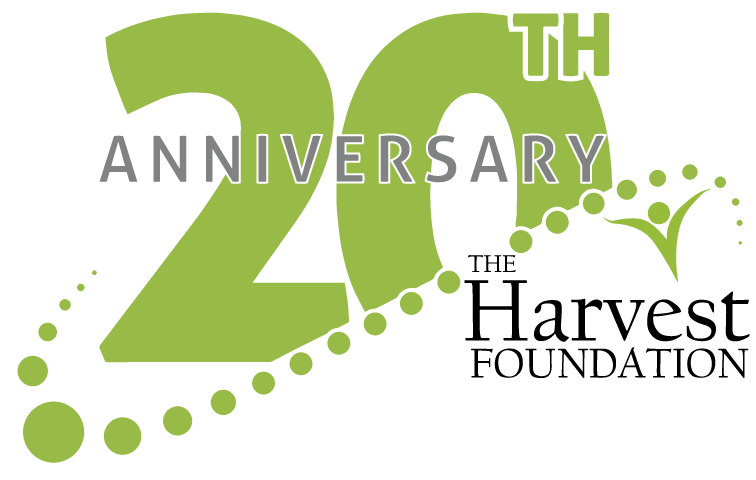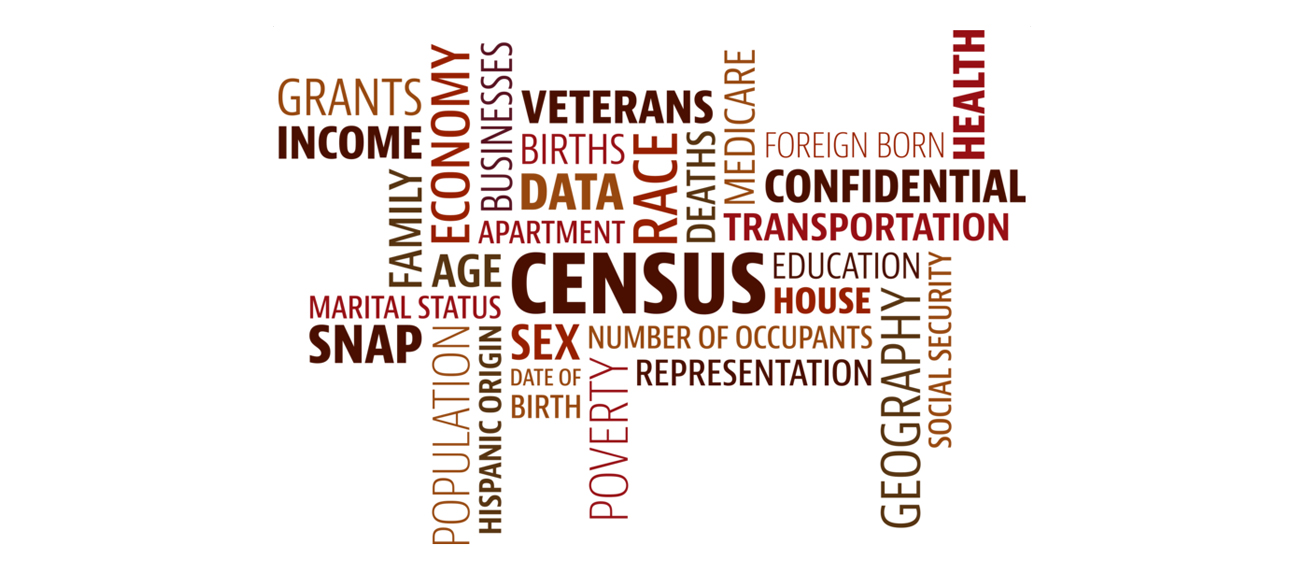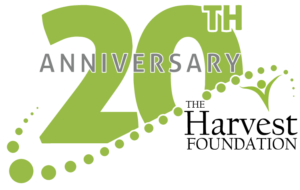The Census Bureau has started its once-a-decade headcount of U.S. residents.
After months of public awareness campaigns about the upcoming census and the importance of taking part in it, the headcount begins this month and will continue to April. Each person will be asked questions such as their age and sex and the number of people living in their residence.
In Virginia until March 20, postcards will be mailed to every person, according to Mike Stowers, a partnership specialist based in Roanoke with the Census Bureau.
The cards will provide three options for people to respond:
- By phone. A phone line will be staffed nationwide. Callers will be asked to verify their identity and provide the census information verbally.
- Online. A secure website has been created for census responses. “The bureau has done quantum leaps” to ensure the security of the site and the information provided, Stowers said. Some people may not have access to a computer but “everyone has a phone” that can be used to respond, Stowers said. “The phone may be the quickest, easiest and safest way to get it out of the way,” he added.
- Do nothing. Stowers said if people do not respond by the end of March, they will get a reminder letter. If that doesn’t get a response, a paper questionnaire will be mailed to the person.
Paper questionnaires were the usual format for the census in the past but they were expensive and time-consuming to tabulate, Stowers said. As a result, the bureau has embraced technology and is stressing phone and online responses, he added.
April 1 is Census Day, which is the official kickoff for the survey and when the tabulations will begin. However, people can respond as soon as they get the postcard if they prefer, Stowers said.
If someone still has not responded toward the end of April, enumerators will start going to people’s homes to seek the information in May, Stowers said.
Each enumerator will wear an official badge with photo identification, he said. If someone still has concerns about the person’s identity, there will be a phone number on the badge to call and verify it, he added.
But if people do not want someone coming to their home, they should respond first by phone or online, he told Martinsville City Council during a recent presentation.
If someone is not home, the enumerator will return two more times. After the third try, he or she will ask a neighbor for the information.
“It’s better than no information,” Stowers said.
That may continue through the summer. After that, the person will not be counted.
And that can be costly for the state and locality. Stowers said census figures are tied to $675 billion in federal funds distributed nationwide.
Virginia’s share of that was $19 billion in 2010. The largest portion of that $19 billion was $4.5 billion for Medicaid, he added.
Local figures are not available.
Those funds support state, county and community programs including housing, education, transportation, employment, health care and public policy. The data also is used in reapportioning congressional seats, redistricting planning and implementing programs, helps in designing facilities and shows how communities are changing. Businesses also may use the data in making decisions.
According to a study done by George Washington University, the state could lose between $1,700 and $2,000 for each resident who is not counted.
That means the more than one million children under age 5 who were missed in the 2010 census cost their home states 10 years of government assistance over the past decade, Stowers said.
Efforts have been underway to promote census participation in Virginia. Gov. Ralph Northam has created a committee to encourage people to take part and locally, The Harvest Foundation has awarded two $10,000 Pick Up the Pace! (PUP!) grants to do the same. Those grants went to Henry County, on behalf of the city of Martinsville and the West Piedmont Planning District, and to the United Way of Henry County & Martinsville and Henry County.
Undocumented residents will be included in the census. Stowers said the courts have ruled that the goal is to count everyone living in the U.S., whether they are here legally or not, so there will not be a citizenship question.
Also, the information collected is confidential for 70 years, and enumerators would face a large fine and imprisonment for disclosing any census information, Stowers said.
Still, some circumstances make the census count a challenge. Those include where to count college students, prisoners and military personnel stationed overseas. With nursing homes and apartments, one person associated with the facility will help provide the information, Stowers said.
Also, homeless people do not have mailboxes where they would receive the postcard and learn about the census, he said. As a result, census officials are working with police and organizations to find those people so they can be counted.
The census will not include questions such as income and square footage of the home, Stowers said. That type of information was collected in the more in-depth American Community Survey, which was taken between 2010 and 2020, he said.
The headcount will conclude by late summer and the numbers will be tabulated for a report that will be given by the president by Dec 31.
For more information, go to www.census.gov.



